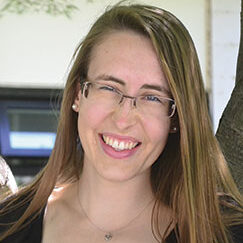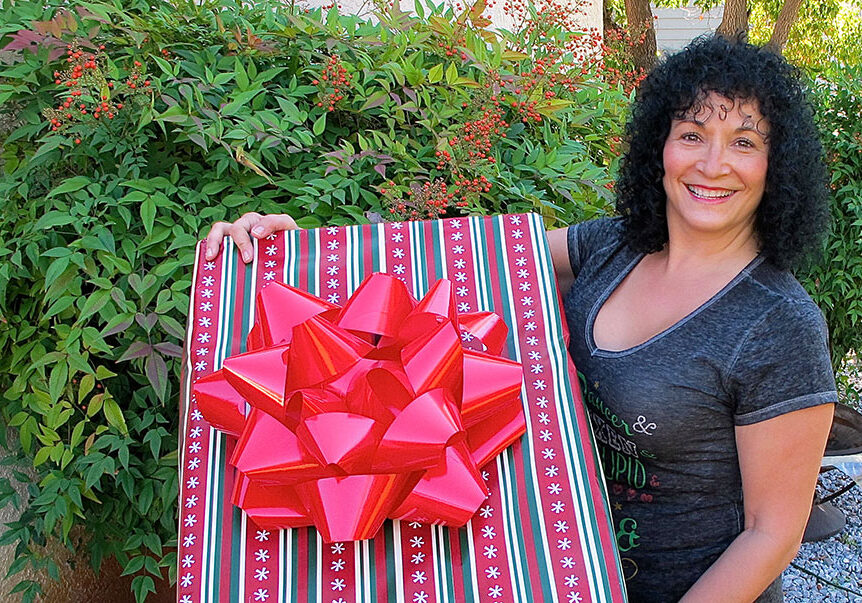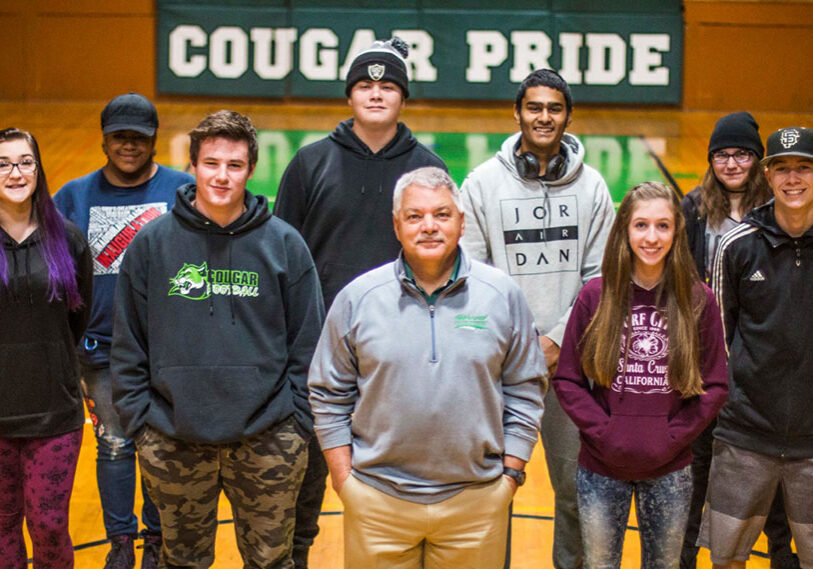“I was suddenly a single, brokenhearted mom with two brokenhearted children,” Carrie Powers remembers. “My whole life had been about the support of women and children, and then I found myself in a situation I had never planned – being a single mom.”
Carrie started her career in Social Security administration, where she discovered joy in helping individuals find support services. After a few years as a women’s ministry director at a church, Carrie found a job in Eugene, OR with a nonprofit that provided homes for children in foster care. But just eight months into new hopes and plans, Carrie’s husband tragically suffered a fatal heart attack. This season of extreme sorrow deepened her compassion for others.
“It’s not how I would have written my story,” she says, “but that tragedy in my life allowed me to truly feel for people in a way I never had before. I was able to empathize in a more personal way with women who find themselves in situations that are outside of their control.”
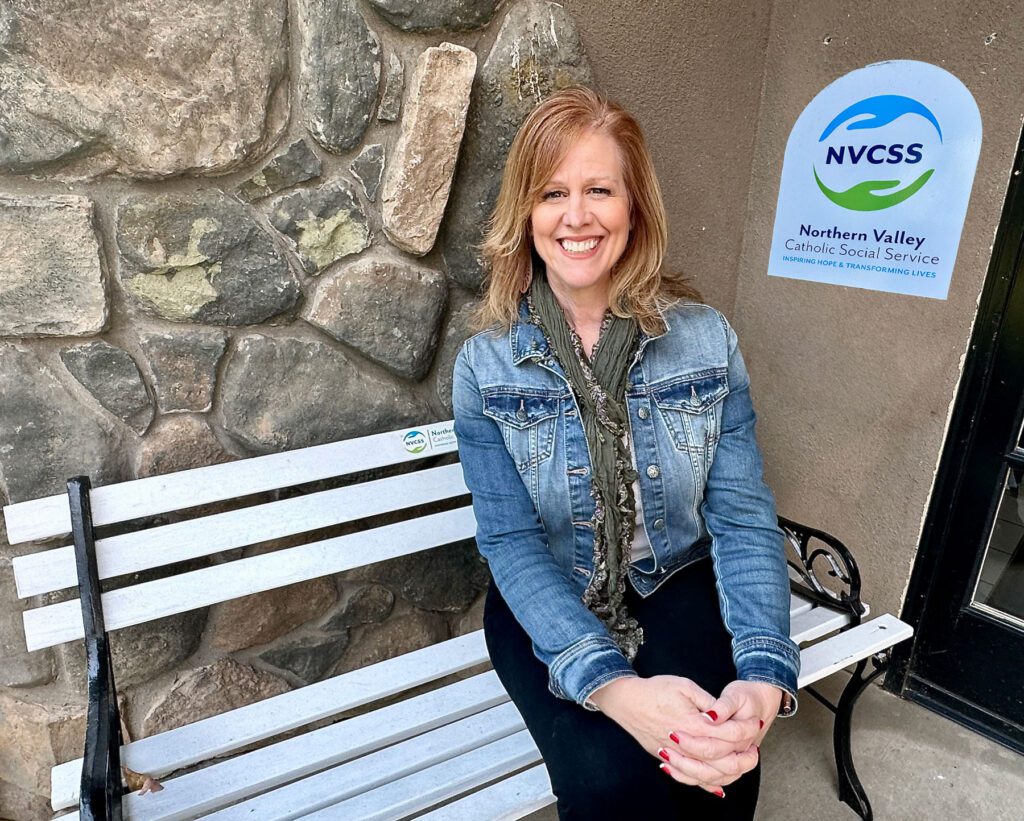
Engaging community partners to prevent child abuse
Today, families feel Carrie’s care and empathy at Northern Valley Catholic Social Services (NVCSS) in Chico, CA, where she is the regional program manager of home visitation services. Eight years ago, after Carrie moved to Chico with her new husband, Gary, she started working at NVCSS as an outreach coordinator, engaging community partners in the mission to prevent child abuse and counter adverse childhood experiences.
A few years later, Carrie moved into a home visitation role with the Healthy Families America (HFA) Butte Baby Steps program through NVCSS. This program connects expecting or new parents with weekly visits to provide guidance and encouragement. Families may participate in the program for the first five years of their enrolled children’s lives.
Following HFA’s evidence-based approach, Butte Baby Steps uses strengths-based learning (positive reinforcement of good choices) and reflective practice (thoughtful evaluation of actions and reactions to help make better choices) to help parents bond with and care for their infants. Instead of disparaging a parent for a kitchen full of dirty dishes, for example, a home visitor will start by praising the parent for cooking at home, follow up by chatting about favorite dishes to cook and then, over time, ask open-ended questions to help the parent find ways to incorporate cleaning into the cooking process.
Finding strengths in every family
Diana Sanchez, a program manager who helped hire Carrie and has now become a friend, says Carrie “had the highest home visiting rates and families never canceled on her. She sounded like she was in love with every single baby. She could find strengths in every family, which is partly the HFA model, but with her it’s natural; she’s just so warm and comforting and soothing. Her families loved her.” Sylvia Accetta, who became friends with Carrie soon after she moved to Chico, describes this soothing presence as Carrie’s “God-given gift for seeing the pain and being able to address it.”
Family networking and team support
Last October, Carrie became the regional program manager of NVCSS home visiting services. This shift means less direct contact with families, but Carrie is thankful for the opportunity to spearhead a program she loves so dearly. Carrie focuses on providing programming that allows families to network so parents of young children can connect with and support each other. She also focuses on supporting her staff “so they’re healthy to take care of other people.”
Carrie is proud of her team, the work they do in the community, and the parents who grow by leaps and bounds through Baby Steps. She describes one mom who enrolled in Baby Steps with her sixth child after her five older children had all been removed from her care. Five years later, she graduated from Baby Steps with her sobriety, a full-time job, her own apartment, a car and an associate degree.
“Not only did that child not go into foster care, but I believe that mama stopped the cycle of abuse. That’s a generational impact I can’t put a dollar figure on,” Carrie says.
Although Carrie’s career has allowed her to invest in making positive change on a community level, Sylvia and Diana also attest to how Carrie’s individual friendship and support has brightened their lives. “I think we have a tendency to think we can’t do enough, and to feel overwhelmed by the needs, so we don’t end up doing anything because we minimize our own effect,” Carrie says. “I would encourage everybody to just look within their current close circle of friends and family. We can’t change the world, but each of us can change somebody’s world.”
Posted in: Be The Change
Comment Policy: All viewpoints are welcome, but comments should remain relevant. Personal attacks, profanity, and aggressive behavior are not allowed. No spam, advertising, or promoting of products/services. Please, only use your real name and limit the amount of links submitted in your comment.
You Might Also Like...
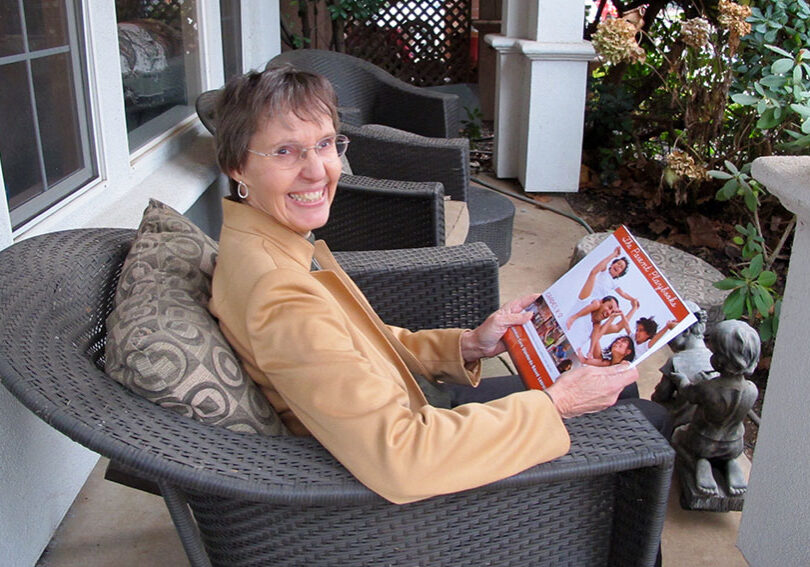
Joni Samples – Making A Difference In Education
Dr. Joni Samples knew from the age of 7 that she wanted to teach, inspired by stories that her mother, an elementary school teacher, would tell her after school each […]
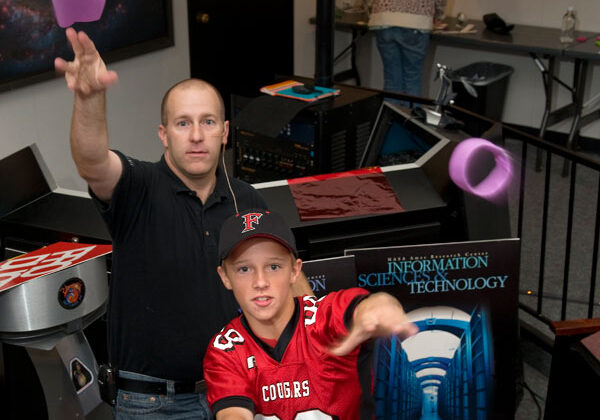
David Ewart, Schreder Planetarium in Redding
April 12, 1981 was a powerful day for David Ewart, Director of the Schreder Planetarium in Redding. While thousands of Americans watched the successful launch of the Space Shuttle Columbia […]
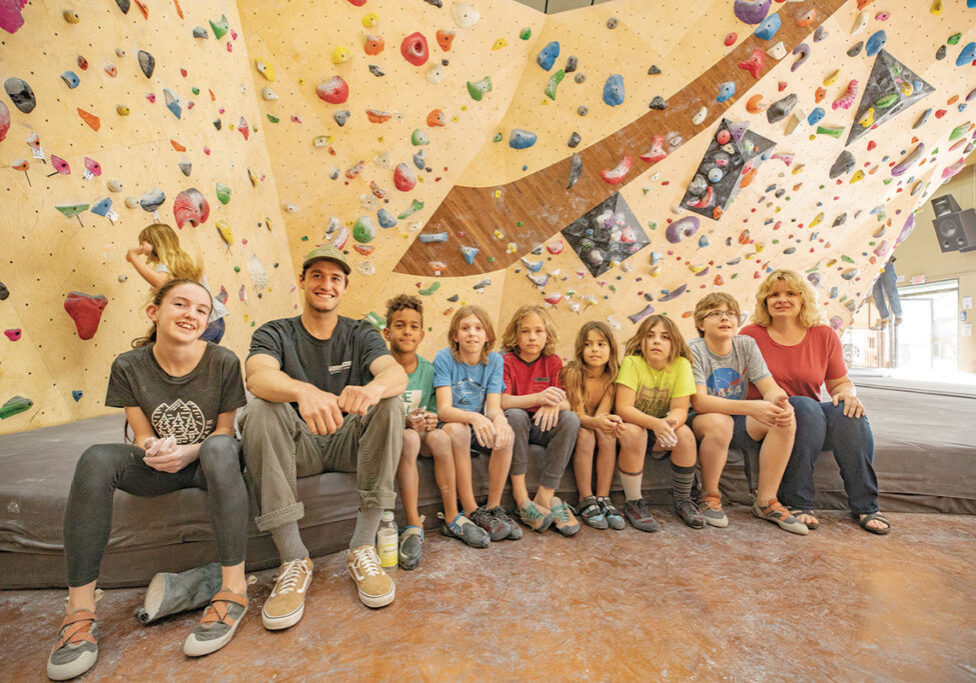
Paul Hendricks – Terrain Park Climbing Center
Climbing the Walls for Healthy Family Fun Red Bluff Natives As a native of Red Bluff, CA, Paul Hendricks and his brother Kevin grew up exploring California. “We were fortunate […]
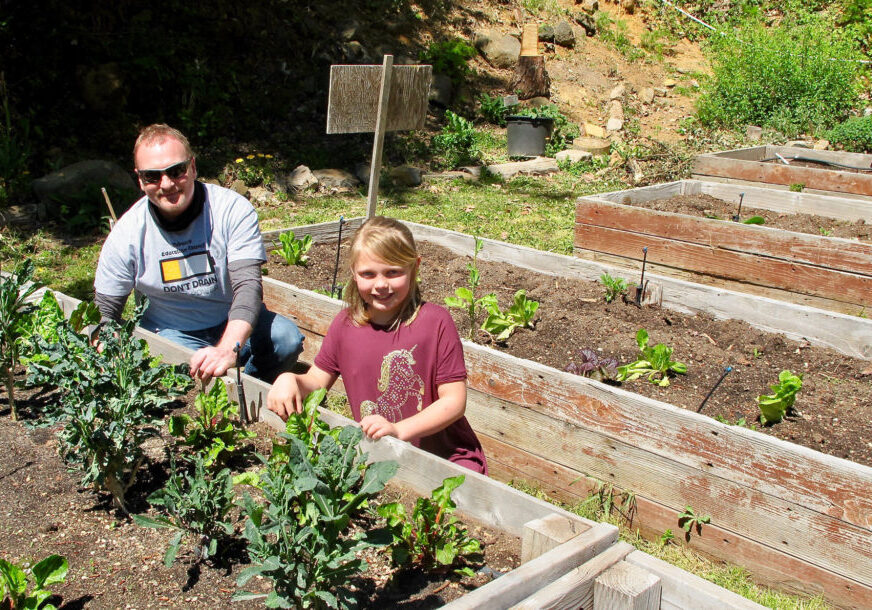
Steven Bryan – Figuring Out What Individuals Need Most
Steven Bryan describes the Siskiyou Community Resource Collaborative (SCRC) as a “space where you can have a millionaire standing next to someone who is homeless.” With branches in Dunsmuir, Montague, […]


